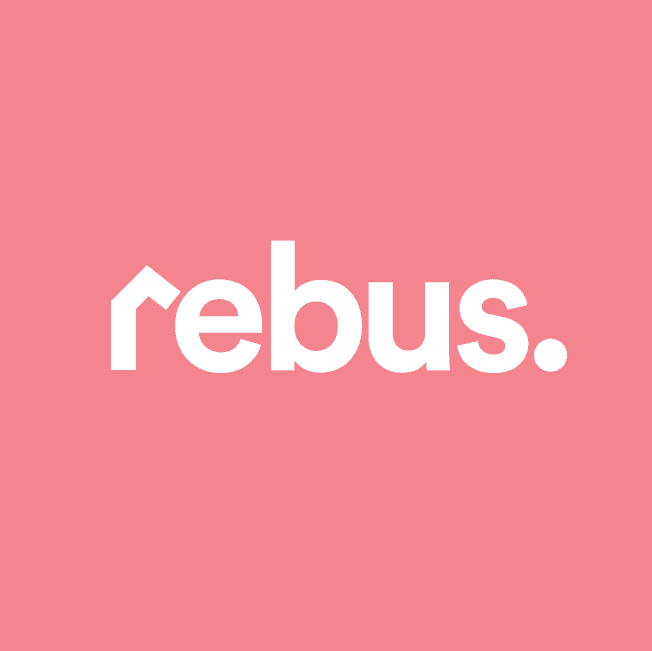BNO Visa Mortgage
- Expert Mortgage Advisers
- We work with dozens of lenders
- Access to competitive rates
Whats on this page


BNO Visa Mortgage
Lee and Neezam talk us through how getting a mortgage works on a BNO visa.
Approved by The Openwork Partnership on 14th February 2023
What is a BNO visa and how does it affect mortgage applications?
BNO stands for British National Overseas – and it is effectively a visa that treats you as a British national. It entitles you to some of the rights that you’d have in the UK as a British citizen.
It applies to people from outside the UK, and more specifically, Hong Kong. It’s part of an agreement between the UK and certain countries and locations overseas, including Hong Kong, that effectively entitles you to a British National visa.
How does a BNO visa mortgage application process differ from a standard mortgage application?
The big difference is that the banks and building societies that are willing to lend to you are probably more limited than for a straightforward British national.
If you’re on a BNO visa you should be treated as a British national, but some of the criteria could limit you, depending on how long you’ve lived in the UK and what your credit footprint looks like here.
Can you explain the eligibility criteria for a BNO visa mortgage?
In short, you have to be 18 years of age or older, or your partner must be 18 years or older. You need to have applied to stay here for a period of time – it could be for two and a half years or five years typically. After that you can apply for permanent rights.
The visa enables you to work or study in the UK. Typically if you’re applying from outside the UK, you would need to be living in Hong Kong. Obviously you don’t need to apply for it if you’re in the UK, Channel Islands or Isle of Man.
Are there any additional requirements or documentation needed for BNO Visa mortgage applications?
You’ll need the standard documents – things like proof of income, proof of ID and bank statements. Additional requirements may be involved depending on how long you’ve lived in the UK or whether you’re still living overseas in Hong Kong for example.
Proving your address is quite important. A lot of lenders will usually do an electronic check. If you’re not currently living in the UK or you haven’t lived in the UK for very long, it’s a lot more difficult to find you electronically. In that case they will ask you for some kind of proof of address, even if you are currently in Hong Kong.
You just need to prove you are where you say you are, which usually requires something like a bank statement or utility bill. In terms of additional requirements, the only other thing is a copy of your BNO visa. They’ll just want to check it over and verify that it’s genuine. They will also look at how long is left on the visa, when it started and what kind it is.
What are the specific mortgage options available for BNO visa holders? Can you discuss any specific lenders or mortgage products in the market tailored for BNO visa holders?
This is where most people with BNO visas would need help – not all banks may assist you with a mortgage, depending on your time in the UK. Lenders have different criteria about that. You should be treated as a British national and from that perspective, lenders are more flexible in offering you a mortgage.
But there can be a stumbling block if you’ve recently arrived in the UK to study or work. It could be due to your employment. So you’ll probably need help with this. There are specific banks that are more favourable. In terms of naming them, they’re changing all the time, so we encourage you to speak with a professional who deals with British National Overseas visas all the time.
We’re experienced enough to understand your circumstances and look at your time in the UK, your employment and credit history to match you up with the most appropriate bank. It’s about seeking that advice, really.
Are there any differences in mortgage rates or terms for BNO visa holders compared to UK citizens?
There may be one or two lenders who do have a separate range of products for people with a BNO visa, but it’s unlikely. It’s much more likely that you’ll have access to the same products as anyone else.
As long as you meet the qualifying criteria with the lender, which includes a full affordability assessment, you should be getting access to the same products as a UK national. Generally the lenders will look at you as an individual and will either lend to you or not.
They tend not to be too specific with targeting products to certain types of people. There are one or two building societies who sometimes do that, but in our experience it’s more likely you’ll have access to the same products as anyone else.
What are the potential challenges or obstacles that BNO visa holders might face when applying for a mortgage?
The two biggest ones are time in the UK and credit history. A lot of mortgage lenders need you to have spent a specific period of time in the UK before they would consider a mortgage application. Typically, that might be two or three years. Having said that, there are some banks that allow you to arrive in the UK within a month and still offer you a mortgage.
Credit history is probably the biggest challenge, because if you’ve recently arrived into the UK it’s unlikely that you’ll have any credit footprint here. To help you overcome that, speak with a mortgage advisor to plan ahead on how to improve your credit score, if it’s not where it needs to be at the moment.
Lenders can be flexible around time spent in the UK, so we can help you overcome the main obstacles.
Speak To An Expert
- Expert Mortgage Advisers
- We work with dozens of lenders
- Access to competitive rates
Are there any limitations on property types or locations that BNO visa holders can purchase with a mortgage?
It depends on what you’re looking to buy and what deposit you have available. If you’re looking to buy a house, it’s helpful if that house is built with standard construction methods: so brick or stone with a tile or slate roof.
If you’re looking at non-standard property construction types, like prefab builds, steel framed builds or anything deemed unusual or non-standard, you are going to be further limited on the lenders available to you. You may also need a bigger deposit.
The same goes for a flat – again, if you’ve got a 5% deposit you may find that lenders want you to have a bigger deposit. It depends on the property you’re looking to buy, what deposit you have and the location of the property. Within the UK most lenders will accept you, but a few that won’t lend outside of England and Wales.
Again, seeking advice will allow you to make sure you’re approaching the right lenders and not wasting your time.
What are the considerations for BNO visa holders regarding repayment options and flexibility?
Generally lenders will offer you two repayment options: a capital repayment mortgage and an interest only mortgage. A third option is a combination of both, but generally, you’ll see one or the other.
Most people will be on a capital repayment mortgage, if it’s a property they’re living in. With capital repayment you’re reducing the debt every year as you make the mortgage payments. Your monthly payments are covering the interest on what you’re borrowing, but they’re also chipping away at the actual mortgage borrowing.
With an interest only mortgage you are just paying the interest on the borrowing. So if you borrowed £100,000 over 25 years, you’ll be paying the interest every month. In 25 years time, when you get to the end of your mortgage, you still owe the bank £100,000 – so you need to find a way of paying them the rest.
Interest only is a lot more niche and specialist. The qualifying criteria is quite tight with most lenders and you need to have a feasible repayment strategy to clear that debt at the end of the term, that will satisfy the lender.
Flexibility is also an important area in repayment. Overpayments might be important to you if you wanted to pay your mortgage off more quickly. Let’s say your monthly payments were £1,000 a month and you were on a 25 year term. You might want to pay £1,200 a month – so a £200 overpayment each month. It means you would pay the mortgage off faster than 25 years and you pay less interest over the term.
Another major flexible feature with a lot of lenders is portability. So if you are locked into a five year fixed rate deal, for example, the chances are that if you pay the mortgage off within that five years, there will be a hefty early repayment charge. But with a portable mortgage, if you’re selling your home and moving straight into another, you can sometimes move that mortgage with you.
The benefit is you don’t have to pay it off. You are just picking up and moving it with you. It’s always subject to a new application, with new criteria and affordability. But if the lender approves your lending it’s a good way of avoiding that early repayment charge and transferring your deal to your new property.
Are there any specific government schemes or initiatives that BNO visa holders can benefit from when purchasing a property?
I’m not aware of any specialist schemes, but there are general government schemes for UK nationals which a BNO visa holder would also qualify for.
An example is shared ownership, which is one of the biggest schemes out there. It allows you to buy a portion of a property rather than 100%. You can purchase, for example, 50% of the property and pay 50% rent. The benefit of that is you might be able to buy a higher value property – something bigger or in a slightly more desirable location.
Another scheme out is the First Home scheme, and there’s also the Deposit Unlock scheme – both are generally limited to new build properties. So while there are no specific government schemes for BNO visa holders, there are some options available to you.
Your home may be repossessed if you do not keep up with your mortgage repayments.
Approved by The Openwork Partnership on 10/10/2023.
YOUR HOME MAY BE REPOSSESSED IF YOU DO NOT KEEP UP WITH YOUR MORTGAGE REPAYMENTS

Why Rebus?
- Local mortgage broker experts
- Access to a panel of over 50 lenders
- Jargon-free mortgage advice


